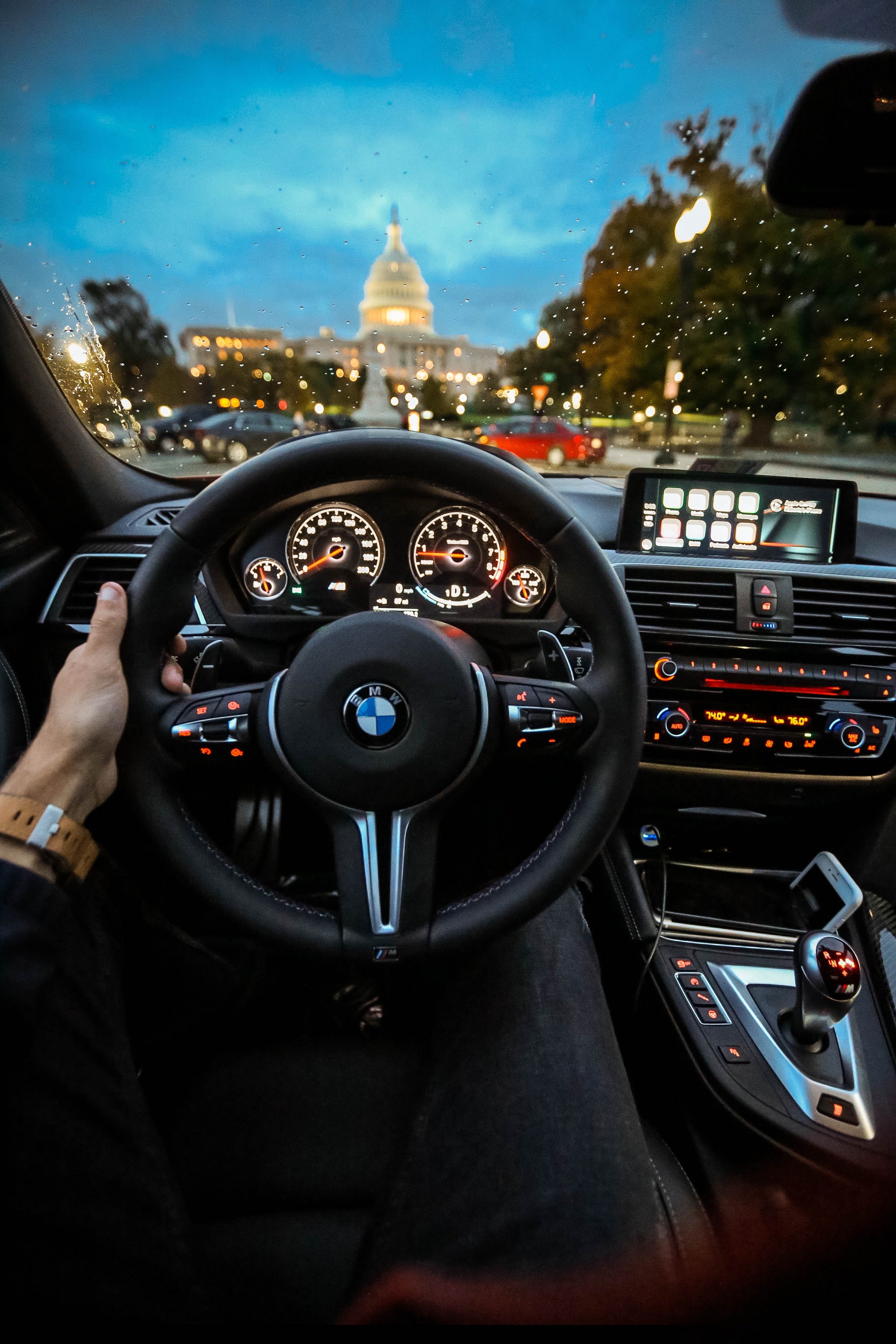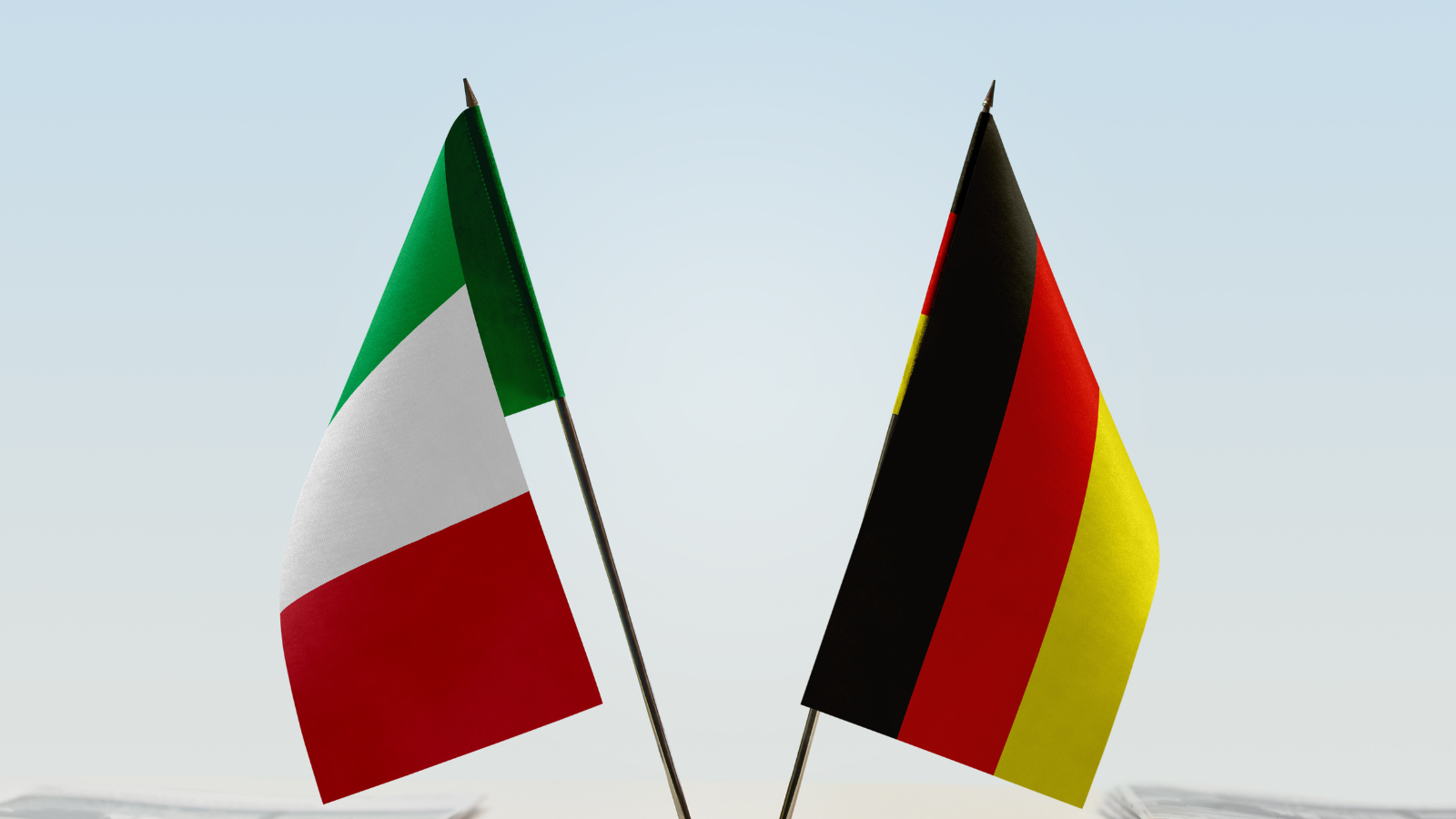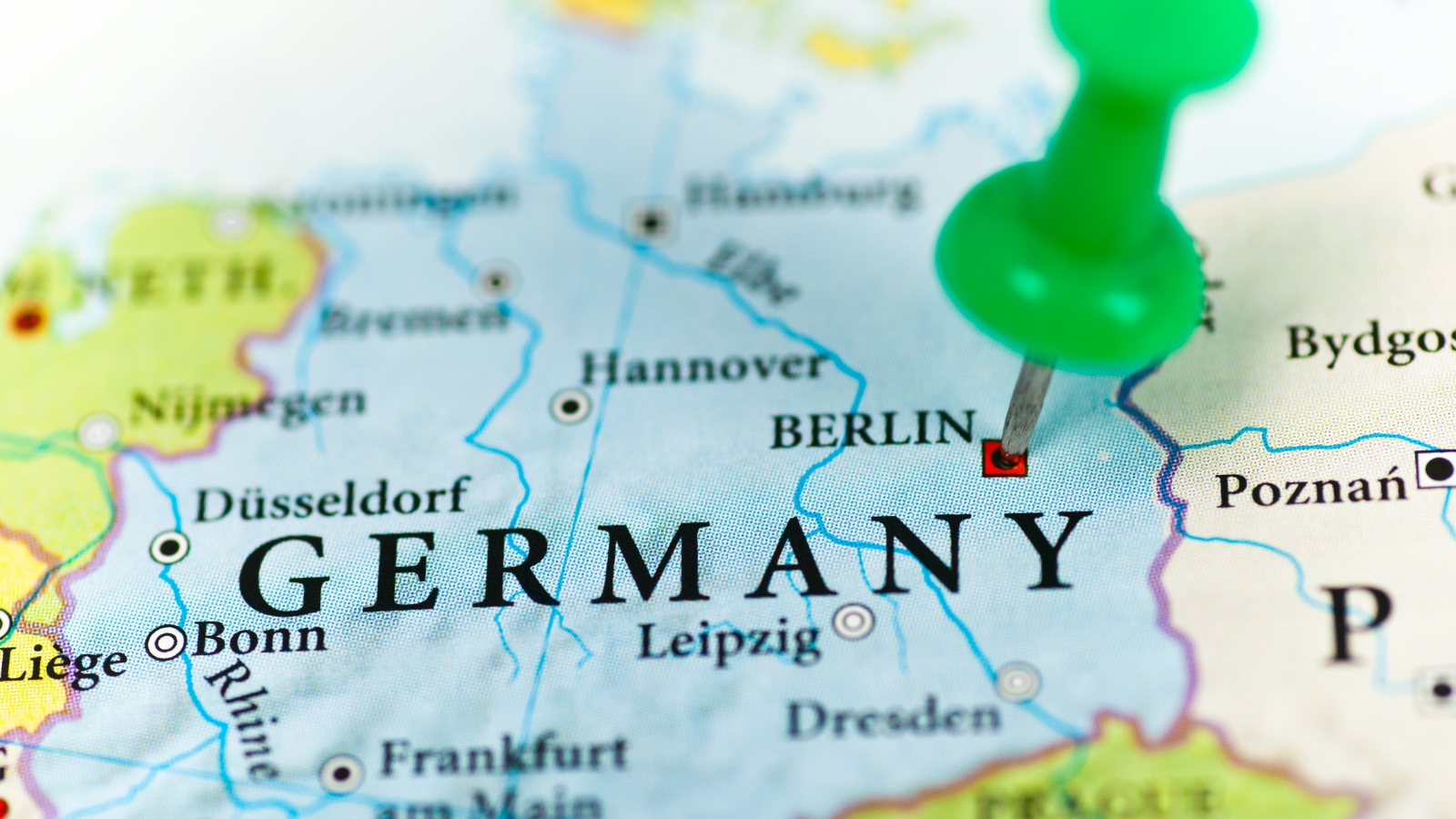Geopolitical tensions are making German automakers nervous
🇩🇪 Geopolitical tensions are making German automakers nervous.
Decades ago, the likes of BMW, Volkswagen, and Mercedes-Benz bet it all on China, now selling more vehicles in China than in any other market and building dozens of factories in the country. This move has proved massively profitable for years. However, the People’s Republic of China has continued to consolidate power and has not addressed the growing human rights issues being displayed in the Xinjiang province, particularly the treatment of Uyghurs. The car manufacturers are being called out more often about “turning a blind eye” to human rights abuses.
Apple has called it quits on its ambitious Apple car project, known internally as 'Project Titan', reallocating its 2000-strong workforce.
Apple has decided to pump the brakes on its electric car project, a move that could positively impact its stock performance, according to a report by Morgan Stanley.
Deutsche Bahn, Germany's national railway operator, has initiated the sale of its logistics unit, DB Schenker, as part of its strategy to concentrate on its core railway business.
German trade union IG Metall has rejected Swedish union IF Metall's call for a strike against Tesla Sweden, deeming it illegal.
France, Germany, and Italy have opposed the EU's draft AI legislation, particularly regulations concerning "foundation models" that underpin large AI language models.
A major rescue operation is underway in the North Sea after two cargo ships, the "Verity" and the "Polesie," collided off the German coast.
Germany has allowed France to use state subsidies for its nuclear power plants, breaking a deadlock in EU electricity market reform discussions.
Germany has announced plans to increase police patrols along smuggling routes on its borders with Poland and the Czech Republic to prevent more migrants from entering the country.
In August, new passenger car registrations in Germany increased by 37% year-over-year to 273,417, with a total of 1,913,564 new cars registered in the first eight months of 2023, up 16.5% year-over-year.
Germany, known for its economic prowess, is currently facing a stark reversal of fortune.
The United Auto Workers (UAW) union has been using CEO pay increases as a central argument in their negotiations with Detroit's three major automakers.
Chinese electric car manufacturers are making a significant push into the European market, using platforms like the International Motor Show (IAA) in Munich, Germany, to showcase their presence and challenge established players like BMW and Ford in the realm of battery-powered vehicles.
German automaker BMW has raised its outlook but anticipates challenges ahead related to its supply chain, electrification trends, and inflation
Sennder, the German digital freight forwarder, has announced the renewal of its joint venture with Poste Italiane, Italy's postal operator.
Shipping on Germany's Rhine River is being impacted by low water levels caused by unusually dry weather in Europe.
Intel is investing $4.6 billion in a new assembly and testing facility in Poland and expanding its investment in a semiconductor fabrication plant in Germany, totaling approximately $33 billion.
The top 10 largest automotive manufacturing supply chains include Volkswagen, Toyota, NRM Alliance (Nissan-Renault-Mitsubishi), General Motors (GM), Honda, Ford, Hyundai, Stellantis, BMW, and Mercedes-Benz.
GXO Logistics has unveiled a multiyear expansion plan in Germany, starting with the construction of a 387,000-square-foot warehouse in Dormagen, a key logistics market.
Germany, Italy, and some other small eastern European countries have formed an alliance in order to voice opposition to Europe’s ban on combustion engines.
Sennder is a Berlin-based digital freight forwarder and logistics company that partners with Amazon to provide delivery services in Europe.
Meant to be spread out over five years, the plan to invest nearly $200 billion in the electrification transition comes on the heels of a 13% increase in operating profit year-over-year.
Semiconductors are used in a wide variety of electronic components in modern vehicles, including engine control units, infotainment systems, and safety features such as airbags and anti-lock brakes.
Experts are claiming that governments cannot afford to keep electric vehicle subsidies in place forever, and some are wondering if Germany is a sign of what’s to come.
With fifty judges from the United States and Canada’s auto journalism sector, the finalists were chosen due to innovation, design, safety, handling, driver satisfaction, user experience, and value.
Germany has traded Russia for Norway as the country’s import share dropped to just 22% in 2022. Russia began gradually cutting its gas supply via the Nord Stream pipeline to Germany over the summer and shortly thereafter ceased supplying via pipeline in September.
BYD, a Chinese electric vehicle manufacturer, has ordered several car carriers to transport their products across the oceans on their own equipment.
Approximately $33 billion was pledged for new factory development in the automotive sector in the first eleven months of 2022, according to the Wall Street Journal.
A driver of a Tesla in Bavaria, Germany awoke to quite a surprise on the A70 autobahn near the town of Bamberg, when he realized his vehicle was being chased by police.






























Public transport services in Germany came to a halt as strikes organized by the Verdi union over working hours swept across 14 states, including Berlin.